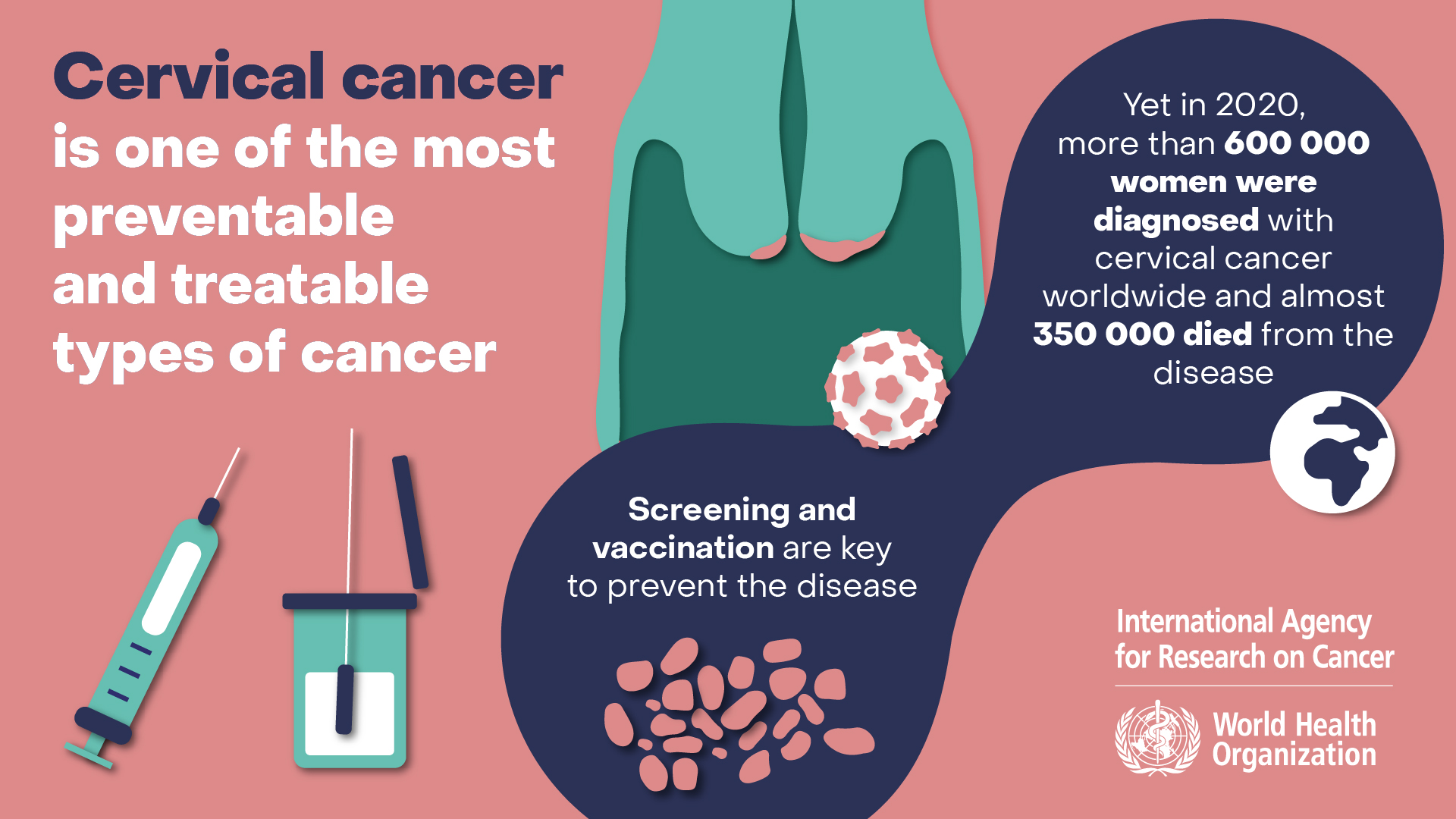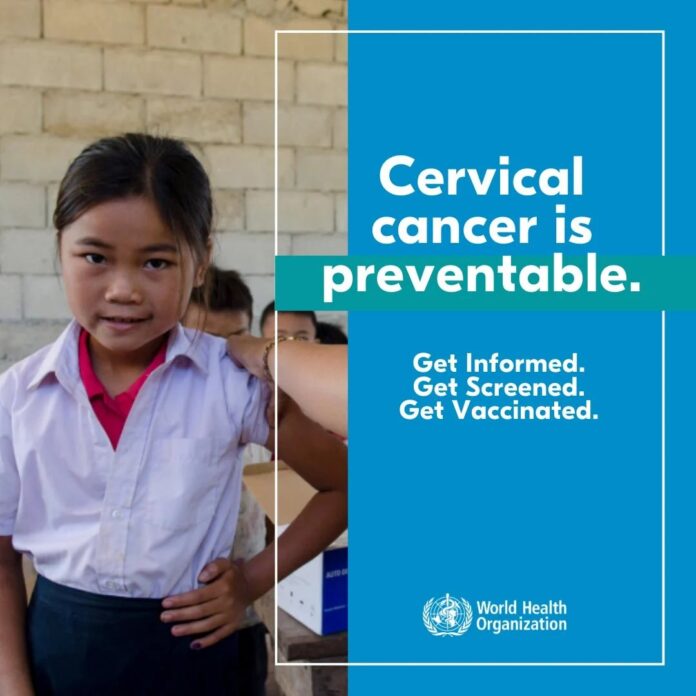 Practices that keep you well and reduce your chances of infections and chronic illnesses are known as preventive health.
Practices that keep you well and reduce your chances of infections and chronic illnesses are known as preventive health.
Preventive health means avoiding some things, such as overeating or contact with people who are sick, and purposely doing other things, such as exercising and getting screenings like mammograms.
Vaccines are big influencers of preventive health. A vaccine is available for both males and females to protect individuals and reduce our community rate of the cancer-causing human papillomavirus virus (HPV).
Unfortunately, HPV is common. It spreads through intimate skin-to-skin contact. About ten percent of women with HPV infection on their cervix will develop long-lasting HPV infections that can develop into cervical cancer.
Is HPV only a female issue? In terms of preventive health, the goal is getting rid of the human papillomavirus virus among both females and males so it stops getting spread around in our community.
The HPV vaccine can be started in all children at age 9 and is most effective when given before a person is exposed to the virus. HPV vaccines are widely available and proven to be safe, effective and long-lasting in protecting against cancer-causing HPV.
Anyone through age 26 should be vaccinated for HPV if they aren’t fully vaccinated.
If you or someone you know has been diagnosed with cervical cancer, your oncology clinic and the American Cancer Society can provide information and support.
Ann Cochran is the health navigation coordinator in the Dallas County Public Health Department.

















